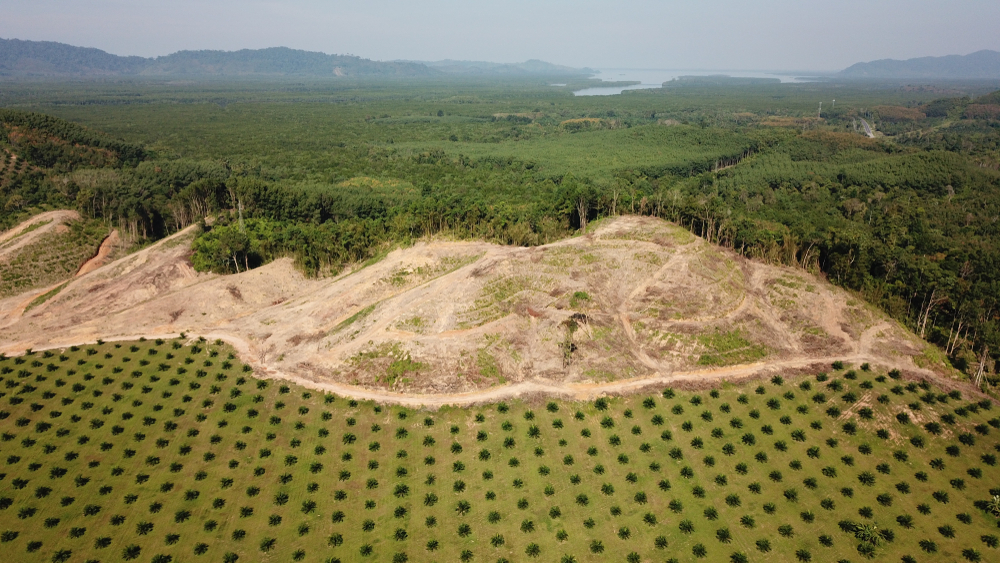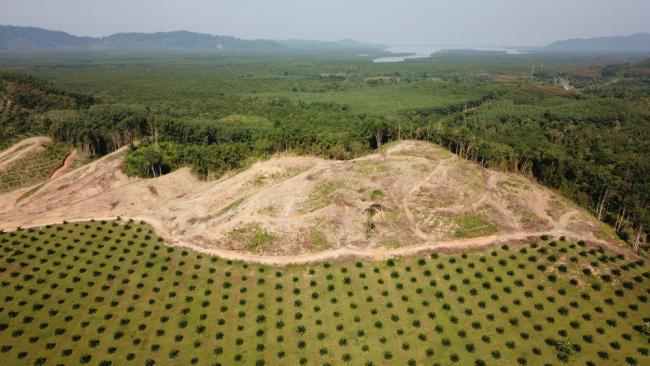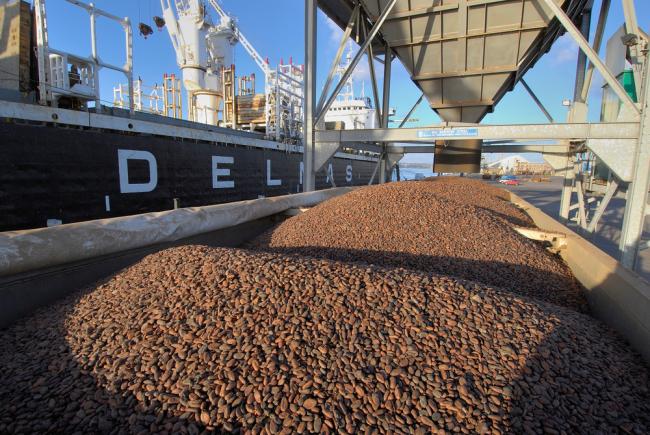Geopolitics of Forests: How to Strengthen the International Response to Deforestation?

Practical information
Themes and regions
Related centers and programs
Across the tropical world, the race for land continues to fuel deforestation and threatens the stability of climate, territorial biodiversity and freshwater cycles. The central challenge is to preserve these ecological services without undermining national sovereignty on forest resources.

In recent years, global efforts to combat deforestation have intensified, leading to the piling up of various initiatives and instruments such as certification standards, carbon compensation schemes and strategies to reduce imported deforestation. How to ensure these efforts converge and how to deliver a leap forward on global forest governance?
Chair: Marc-Antoine Eyl-Mazzega, Director, Center for Energy & Climate, Ifri
- Alain Karsenty, Researcher at CIRAD and author of the Ifri study “Geopolitics of the World's Forests: Strategies for Tackling Deforestation”
- Lee White, Gabon’s Minister of Forests, Oceans, Environment and Climate Change
- Astrid Schomaker, Director for Global Sustainable Development, DG ENV, European Commission
Moderation: Carole Mathieu, Head of EU energy & climate policies, Ifri
Find out more
Geopolitics of the World’s Forests: Strategies for Tackling Deforestation
Deforestation continues at a worrying pace worldwide, except in temperate and boreal countries. It is caused by the race for land, underpinned by population growth and rising global demand for “deforestation-prone” products. Moreover, with climate change, mega-fires are now posing unprecedented threats to forests.
A Strategy for Solving Europe’s Imported Deforestation Problem
The European Union (EU) is the world’s main trader in agricultural products, with imports totaling €142 billion in 2020. These imported agricultural products include commodities – palm oil, beef, cocoa, coffee, soy, etc. – that are responsible for deforestation in producing countries and thus create an “imported deforestation” problem for Europe.
Related Subjects
Other events

From Ambition to Action: Exploring Technological Partnerships with India
The 16th EU-India Summit, held on January 27th in New Delhi with European leaders António Costa, Ursula von der Leyen, and Prime Minister Narendra Modi, marks a significant milestone in deepening EU-India relations. At the same time, official bilateral visits from EU member states are on the rise, including that of the French President, who visited India in February to participate in the Artificial Intelligence Summit. As India asserts its technological ambitions and seeks to reduce its dependence on China, Europe is stepping up its efforts to diversify its strategic partnerships.

The Enlargement of the European Union: A Strategic Choice? France, the Western Balkans and the EU in an Uncertain Geopolitical Context
Russia’s war against Ukraine has brought the enlargement of the European Union back to the centre of European strategic debates. In this context, the Western Balkans have regained heightened visibility in discussions on the continent’s security, at a time when the international environment is marked by a growing number of destabilising factors.








